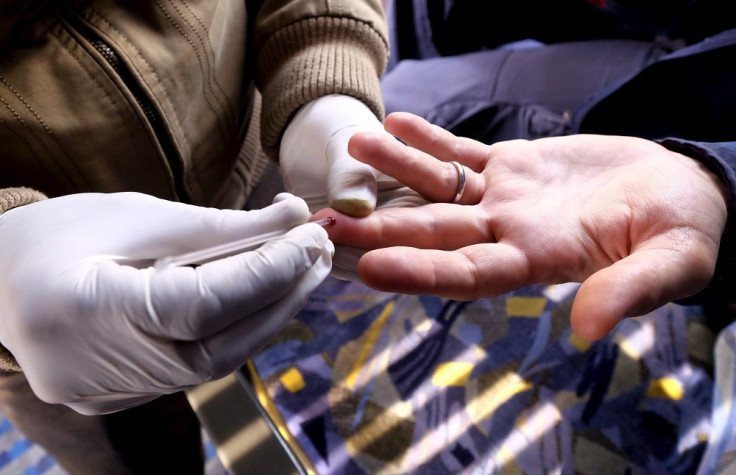CRISPR/Cas9 edits out HIV genes from immune cells

Temple University researchers have used the gene editing tool CRISPR/Cas9 to edit out from a patient’s infected immune cells an entire HIV–1 genome. The discovery demonstrates other capabilities of the tool beyond removing heritable genetic ailments or introducing new genes.
The finding has potential impact for the treatment of AIDS and other retroviruses by eliminating viruses that plant their genetic codes within host cells to replicate. While antiretroviral drugs are effective in controlling HIV after infection, patients who stop taking the drugs have a quick relapse. And when the patient stops treatment, the HIV reasserts which weakens the body’s immune system and triggers the onset of acquired immune deficiency syndrome, reports Gizmodo.
The scientists, led by geneticist Kamel Khalili from the university’s Lewis Katz School of Medicine, extracted infected T-cells from a patient and then used the modified version of CRISPR/Cas9 to target HIV -1 DNA by guiding the RNA across the entire T-cell genome to look for signs of the viral component. When the RNA recognised the match, a nuclease enzyme destroyed the offending strands from the T-cell DNA. The cell’s built-in DNA repair system fixed the loose ends.

Researchers tried before to eliminate the virus but found it difficult once it integrated into CD4+ T-cells, the primary cells infected by HIV. There were recent tries to discover a cure by reactivating the virus to prompt a strong immune response to kill the virus, but so far, no research has found a positive result, reports Gizmag.
The tool permanently removed the viral DNA. And since the microscopic genetic system stayed within the cell, it prevented further infections even when particles of HIV-1 attempted to return to the unedited cell. The technology has also proven to be safe for the cells, with no toxic effects, says Khalili.
However, despite the tool’s promise of potential treatment for HIV, it could still take years to happen. But Thomas Malcolm, president and CEO of Excision BioTherapeutics – which owns the exclusive rights to commercialise the technology – points out the technique for removing alien DNA has implications on treatment of retroviruses that cause cancer and leukaemia.
“These exciting results also reflect our ability to select viral gene targets for safe eradication of any viral genome in our current pipeline of gene editing therapeutics,” Malcom says. The study was published in the Scientific Reports journal.





















